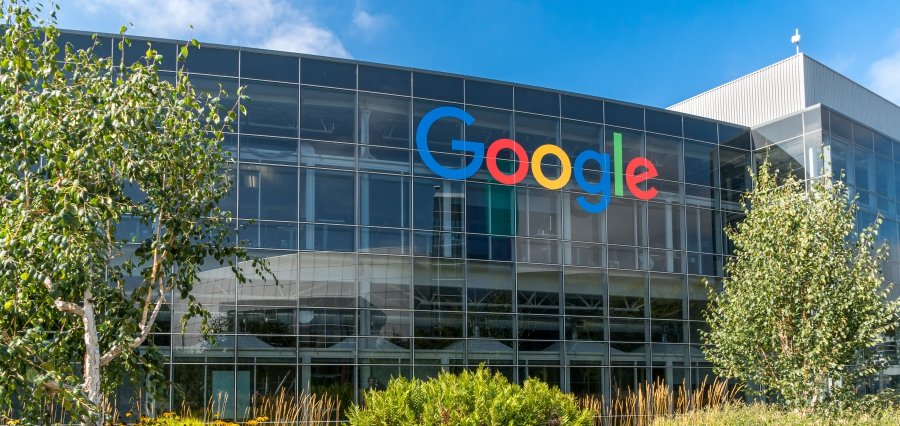Prime Highlights:
- Alphabet’s stock hit a record high of $231.10, rising 8% after regulatory relief and competitor growth.
- Google’s competitors’ success has indirectly boosted its services and cloud platforms, strengthening its market position.
Key Facts:
- The court ruling limits exclusive deals but does not force Google to sell key assets like Chrome.
- Google has integrated its updates and tools across Search, Docs, and Pixel devices, keeping users engaged and ad revenue steady.
Key Background:
Alphabet Inc., the parent company of Google, saw its shares surge to an all-time high of $231.10 on Thursday, marking an 8% increase, after U.S. regulators stepped back from proposed restrictions on major AI platforms. The decision, which eased potential constraints on Google’s operations, came as a welcome boost to investors.
While regulatory relief helped the stock rise, analysts say Google also benefited from its competitors’ success. Companies like Microsoft and Anthropic have launched new tools that have improved user experiences. This growth has increased demand in many areas, which has indirectly helped Google’s services and cloud platforms.
In a detailed 230-page decision, District Court Judge Amit Mehta said that recent technology developments have significantly affected Google’s antitrust case, which began in 2020. The court limited Google from entering exclusive deals that could make its search engine or Gemini AI the default option, but stopped short of requiring the company to spin off key assets such as the Chrome web browser. The court also ordered Google to make certain search information available to other companies.
Market analysts highlighted that the judgment removed one of the major uncertainties for investors while preserving Google’s ability to maintain its search distribution position. Bank of America Research noted that although competitive uncertainty for search volumes remains, the expansion of the search market through AI could be a potential advantage for Google.
Google has been actively integrating its Gemini AI model across its core products, including Search, Docs, and Pixel devices. Concerns that new technologies could lower search ad revenue have eased, as internal data shows ad engagement is staying steady. In fact, summaries and updates from Google’s tools have kept users engaged on its platforms.
With clearer regulations and the benefits from competitors’ growth, Google is in a strong position in the tech market. Investors are confident the company can continue to grow and keep users active across its services.
Read Also : Alibaba Cloud Fuels Profit Jump Despite Revenue Slightly Missing Estimates




